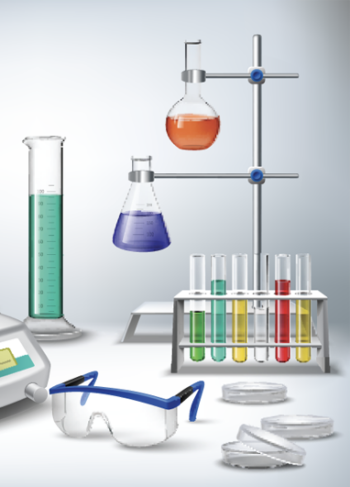Conservation of Matter Science Games
8 gamesIn this series of games, your students will learn that the amount of matter is conserved when it changes form, even in transitions in which it seems to vanish. Conservation of Matter learning objective — based on NGSS and state standards — delivers improved student engagement and academic performance in your classroom, as demonstrated by research.
Scroll down for a preview of this learning objective’s games and the concepts.
Concepts Covered
Matter includes all of the substances that make up the universe. Matter is anything that has mass or volume. The mass of a substance is the amount of matter that it has. The volume of a substance is the amount of space that matter occupies. Matter can be divided into tiny particles that are too small to be seen. Matter cannot be created or destroyed; it can only change from one form to another. The amount of matter in a substance is conserved when it changes form, even when it appears to vanish. A mixture is a combination of two or more substances that maintain their original properties. Solutions are formed when one substance dissolves in another.
The three common states of matter on Earth are solid, liquid, and gas. Matter can change from one state to another when a substance is heated or cooled. An increase or decrease in temperature causes tiny particles in matter to move differently, which causes a change of state. Freezing occurs when a substance changes from a liquid to a solid. Melting occurs when a substance changes from a solid to a liquid. Evaporation occurs when a substance changes from a liquid to a gas. Condensation occurs when a substance changes from a gas to a liquid.
A preview of each game in the learning objective is found below.
You can access all of the games on Legends of Learning for free, forever, with a teacher account. A free teacher account also allows you to create playlists of games and assignments for students and track class progress. Sign up for free today!






